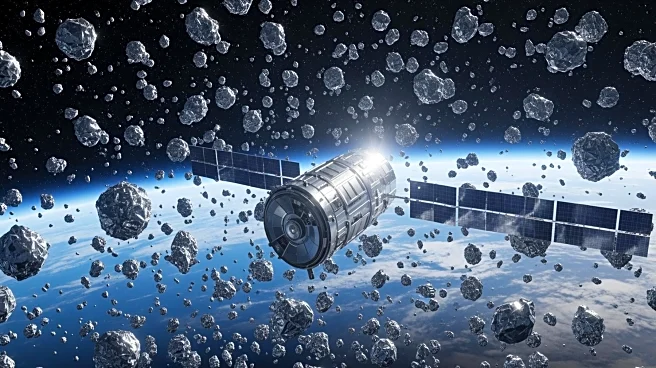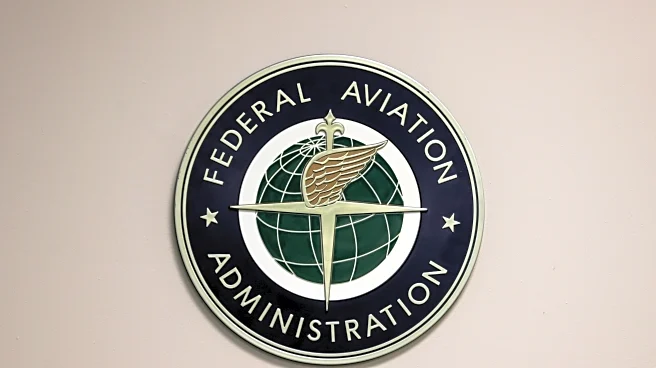What's Happening?
The European Space Agency has introduced a space environment health index to assess the long-term impact of space debris on Earth's orbit. The index reveals that Earth's orbit is significantly overcrowded,
with nearly 30,000 tracked pieces of debris and hundreds of thousands of smaller fragments posing risks to satellites and space missions. The index aims to quantify the impact of space activities and promote better practices to mitigate debris generation.
Why It's Important?
The overcrowding of Earth's orbit with space debris poses serious risks to future space missions, including weather satellites, GPS systems, and internet services. The index provides a tool for assessing the sustainability of space activities and encourages responsible practices among satellite operators. Addressing the space debris issue is crucial for ensuring the long-term viability of space exploration and protecting valuable infrastructure.
What's Next?
The space environment health index could influence regulatory decisions, insurance assessments, and mission design processes. Efforts to reduce debris generation, such as ESA's Zero Debris goal by 2030, are essential for maintaining orbital sustainability. The index may also lead to new international agreements on space traffic management and debris mitigation strategies.
Beyond the Headlines
The growing space debris problem highlights the need for international cooperation and policy development to address environmental challenges in space. The ethical implications of space activities, including the responsibility to preserve the orbital environment for future generations, are increasingly important as space exploration expands.










